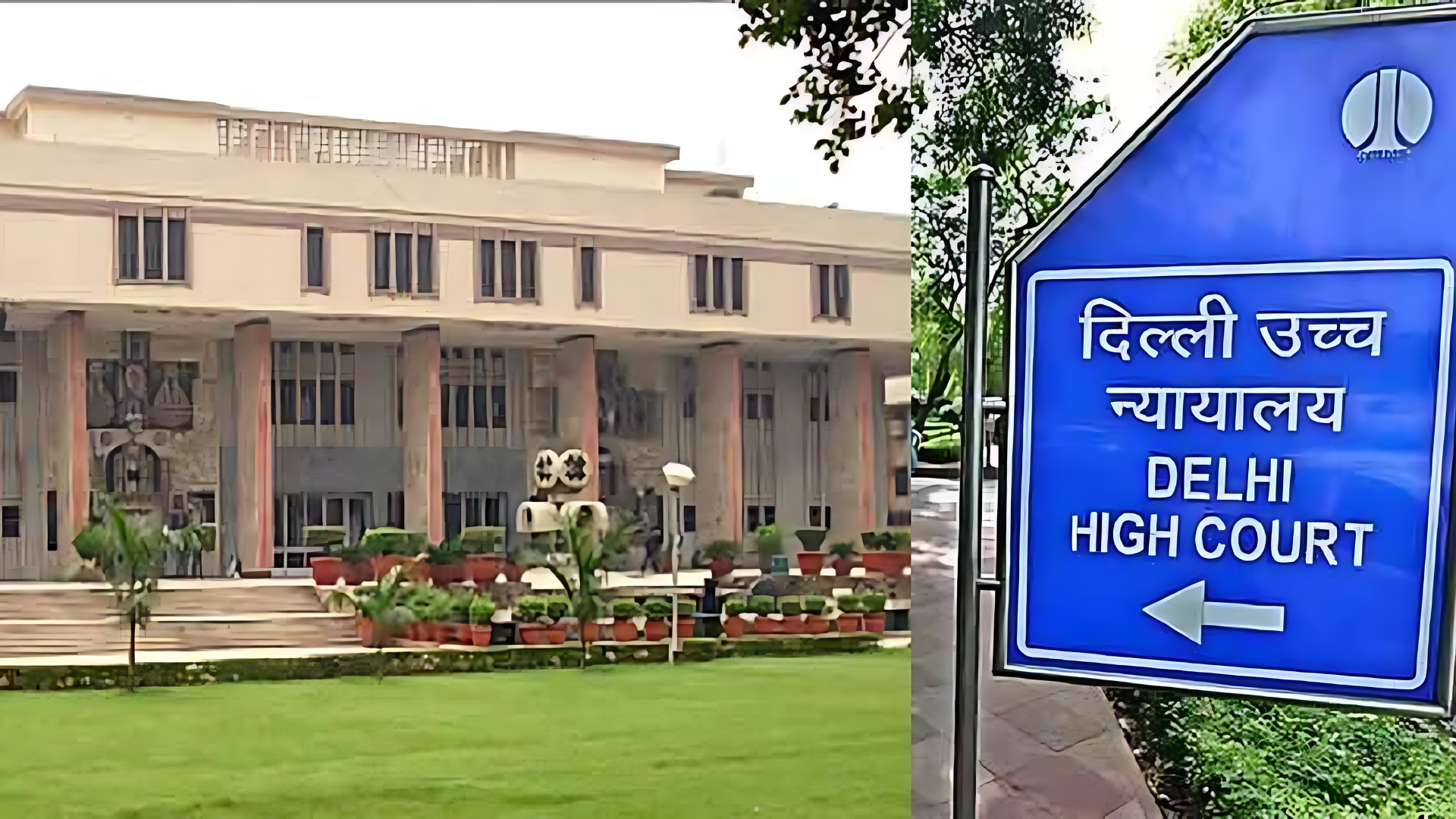










Israeli researchers and scientists in a latest achievement have developed a new variety of drought resistant tomato which require lesser water and produce a high yield, that too in harsh drought-like situations.
The research was led by doctorate student Shai Torgeman and professor Dani Zamir from the Hebrew University Robert H Smith Faculty of Agriculture, Food, and Environment and was recently published in the peer-reviewed journal Proceedings of the National Academy of Sciences.
The researchers discovered relationship between two areas of the tomato genome that resulted in a 20% to 50% boost in overall output under irrigated and drought circumstances.
“The unique structure of the new population, which enables precise mapping of the tomato genes, has the potential for extensive application in other plants and could increase productivity,” said the researchers.
Tomatoes grown in open fields require pest and fertiliser protection, as well as regular watering. However, the global climate crisis and severe water constraints necessitate the development of new kinds and production methods that ensure adequate returns for farmers.
The researchers crossed two tomato species–a wild tomato from western Peru’s deserts and a cultivated tomato–to determine which sections of the genome influence critical agricultural properties like yields.
Individual genomes had no effect on agricultural fertility, but when these genome areas appeared together, they made a considerable contribution to crop fertility even under dry conditions. “Studies of complex traits in plants, such as yield and resistance to drought conditions, have been based on significantly smaller populations of 200-plus species,” Torgeman elaborated.
“This makes it impossible to identify all the interactions (epistasis) between the genes, as well as their influence on important agricultural traits. In this study, we genetically crossed two different species of tomato, and proved that by using a larger population and a genetic map that includes thousands of markers, it is possible to identify interactions that increase the yield,” Torgeman said.
“This makes it impossible to identify all the interactions (epistasis) between the genes, as well as their influence on important agricultural traits. In this study, we genetically crossed two different species of tomato, and proved that by using a larger population and a genetic map that includes thousands of markers, it is possible to identify interactions that increase the yield,” he added.
Over the last four years, Zamir’s lab has performed DNA sequencing and intensive data analysis on 1,400 plants. These new drought resistant tomato are being developed for commercialization by the researchers.
“With global warming, farmers need tomatoes that can cope with changing weather conditions,” he said “Global warming does not only cause higher temperatures but also extreme weather like sudden torrential downpours or drought, so we need plants that have improved capabilities.”
Development of drought resistant tomato comes as a part of the cooperation with the European Union for “Horizon 2020” scientific research program.
Read Also : NSA warrants against Amritpal Singh executed today: Punjab IGP after ‘Waris Punjab De’ chief’s arrest
Follow US : Twitter









